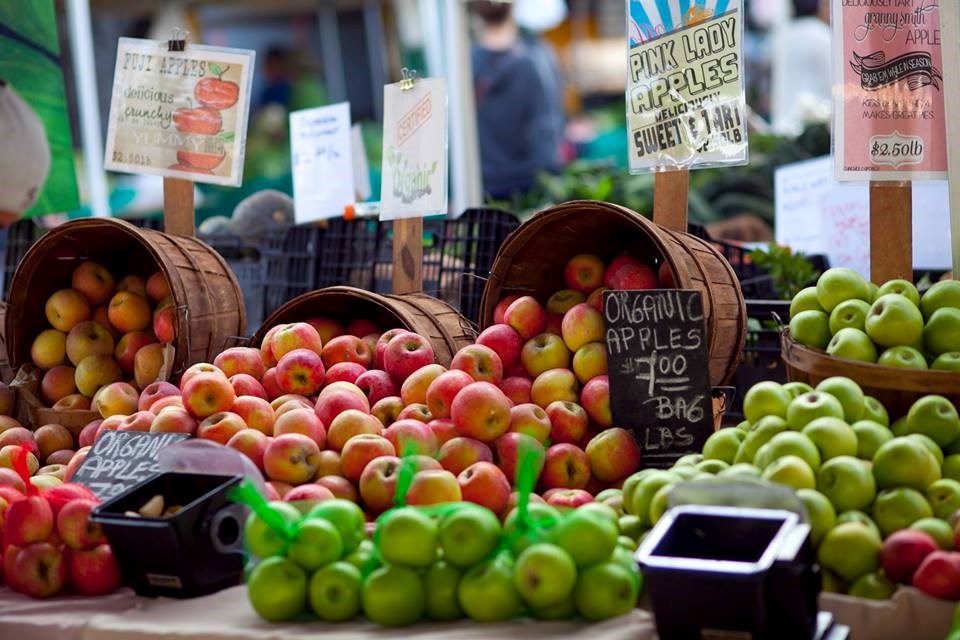With summer just days away, the Lower Mainland’s produce is beginning to ripen. Many local vegetables and local strawberries are already available, with blueberries, raspberries and blackberries soon to follow. Yet even with the abundance of local goodness, grocery stores still stock produce bins full of bananas from Guatemala, mangoes from Mexico and oranges from the United States.
And for Kent Mullinix, director of Kwantlen Polytechnic University’s Institute for Sustainable Food Systems, that’s a problem.
“We absolutely need a food system that is about growing wholesome, nutritious food for people. And we need a food system that is configured and operates for the benefit of people and communities as opposed to the coffers of transnational corporations,” Mullinix said.
“We have put all of our eggs into the global economy basket exclusively…to the point that we have essentially relegated local regional food systems to obscurity.”
Seeking to address this issue, Mullinix is part of a team organizing a conference this summer that will bring speakers from across Canada and the United States to Richmond to discuss what it would look like to have region-based food systems.
On Aug. 9 and 10, at Richmond’s Pacific Gateway Hotel, the Place-Based Food Systems conference will aim to encourage collaboration between academic researchers, NGOs and local groups.
Currently, Mullinix says the current food system isn’t economical for farmers, isn’t providing suitable access to nutritious food for many people and is not building and investing in community. He also says the current food system is affecting the environment.
“The food system needs to operate in ways that it does not negatively impact our environment and in fact nurtures the earth,” Mullinix said. “And that’s not the case right now.”
Here in Richmond, Mullinix said the city could strengthen the regional food system by protecting its farmland, implementing policy to ensure agricultural land is owned by farmers, protecting the quality of water and engaging with other cities “to a achieve a common food system.”
“Unless we work together, we can’t accomplish this,” Mullinix said. “(Richmond’s farmland) is a precious, non-renewable resource.”
For more information on the Place-Based Food Systems conference, visit the event’s registration page.



.jpg;w=120;h=80;mode=crop)